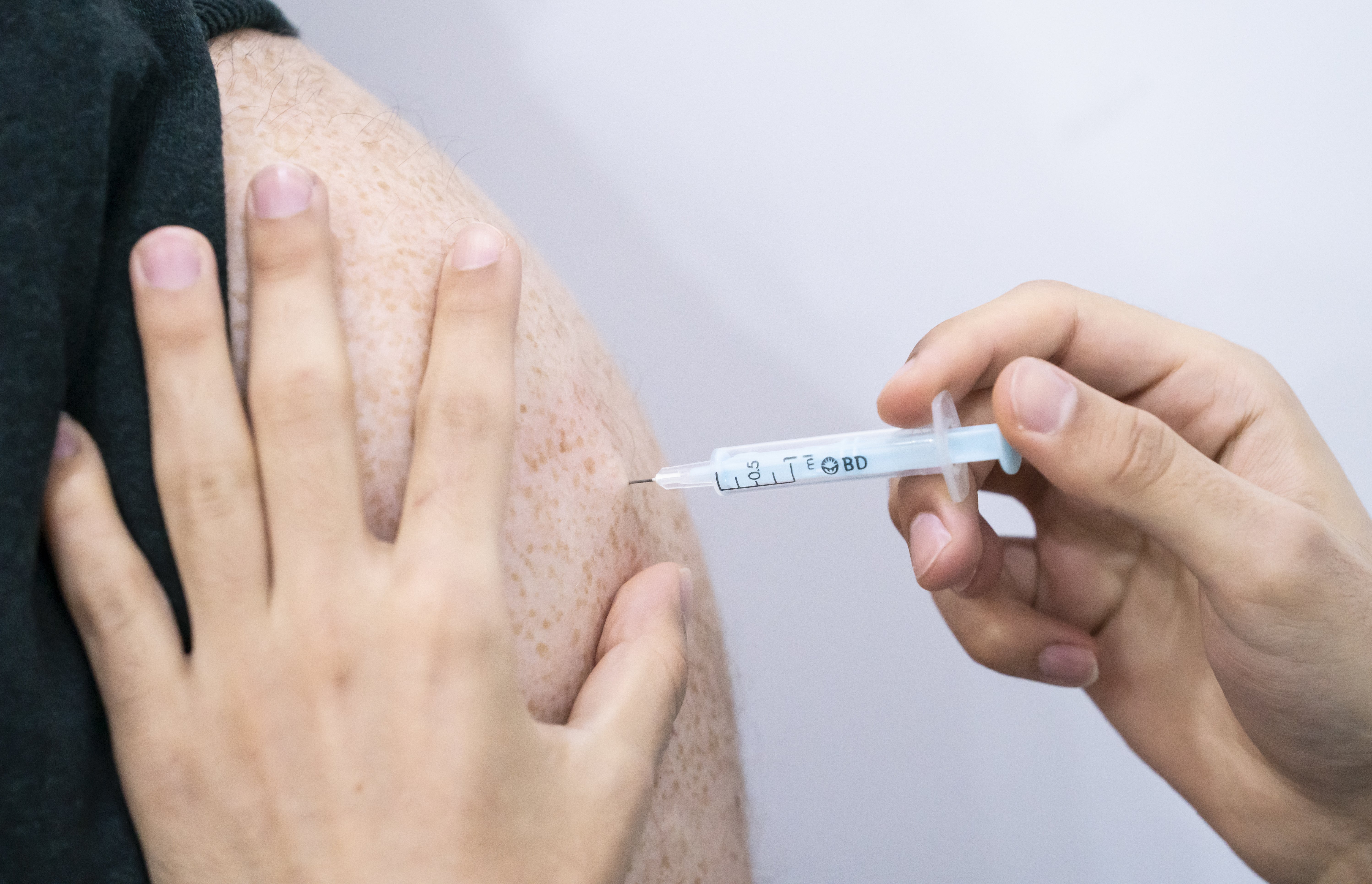UK coronavirus cases ‘plateauing’ and giving ’cause for optimism’, experts say
Experts say Coronavirus cases are ‘plateauing’, ‘stabilising’ and giving ’cause for optimism’.

Your support helps us to tell the story
From reproductive rights to climate change to Big Tech, The Independent is on the ground when the story is developing. Whether it's investigating the financials of Elon Musk's pro-Trump PAC or producing our latest documentary, 'The A Word', which shines a light on the American women fighting for reproductive rights, we know how important it is to parse out the facts from the messaging.
At such a critical moment in US history, we need reporters on the ground. Your donation allows us to keep sending journalists to speak to both sides of the story.
The Independent is trusted by Americans across the entire political spectrum. And unlike many other quality news outlets, we choose not to lock Americans out of our reporting and analysis with paywalls. We believe quality journalism should be available to everyone, paid for by those who can afford it.
Your support makes all the difference.Coronavirus cases appear to be “plateauing” in parts of the UK, a Government health advisor has said.
Dr Susan Hopkins, the UK Health Security Agency (UKHSA) chief medical adviser, said London the South East and East of England were seeing the number of infections flatten.
Her comments came as other experts said they were optimistic about the coronavirus situation, while the Welsh Government began to ease restrictions.
Dr Hopkins told BBC Radio 4’s Today programme cases were still relatively high, with one in 15 people in England infected and one in 20 elsewhere in the UK, but that there was a “slow down” in hospital admissions.
She said: “We see that infections are plateauing in the community, which is good, in London and the south east and the east of England.
“There are still risings, but much slower in the northern parts of the country.
“All of that means we are seeing a slowdown in the number of admissions to hospital but they are slowing down rather than reversing at the moment, so there are still more than 2,000 admissions to hospital across the UK, and nearly 2,500 yesterday.”
Dr Hopkins said hospitals had been able to discharge patients “faster” due to Omicron being milder than previous coronavirus variants but that, with around 15,500 people in hospital last week, the NHS remains under “a lot of pressure”, with some trusts “unable to do much of their elective care”, a situation exacerbated by staff absences.
Prof Linda Bauld, a professor of public health at the University of Edinburgh and chief social policy adviser to the Scottish government, said Omicron cases in the UK appeared to be “stabilising”.
She told BBC Breakfast: “The cases, if we look at them, are going down by over 20%.
“In fact, yesterday I think was the last day, the first day for a while we’ve had less than 100,000 cases so things seem to moving in the right direction.”
However, she cautioned the number of patients in hospitals was still “very high”.
She added: “I think we’ve got more data this week that suggests more optimism, and let’s hope, as we continue, that trajectory will be consistent and we can feel we’ve got through what’s been a really, really tough period.”
Dr Chris Smith a consultant virologist and lecturer based at Cambridge University, said current coronavirus data gives him “great cause for optimism”.
He told BBC Breakfast: “The number of people who are going into intensive care or are on mechanical ventilation beds is actually dropping. It has remained flat.”
He added that, because of vaccines and reinfections, around 96% of the country now have antibodies against the coronavirus, meaning the vast majority of people can better “fend off” the disease.
Dr Smith said: “So we don’t see that strong connection of cases turning into consequences.”
Falling case numbers and a decline in the number of patients in critical care beds has meant Wales is to scale down from alert level two to zero over the coming weeks.
As a first step, the number of people who can be present at outdoor events in Wales has risen from 50 to 500 as of Saturday.